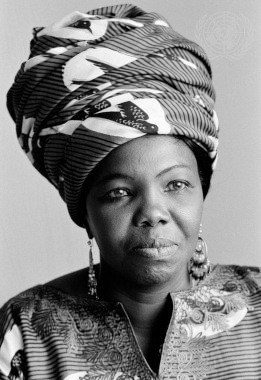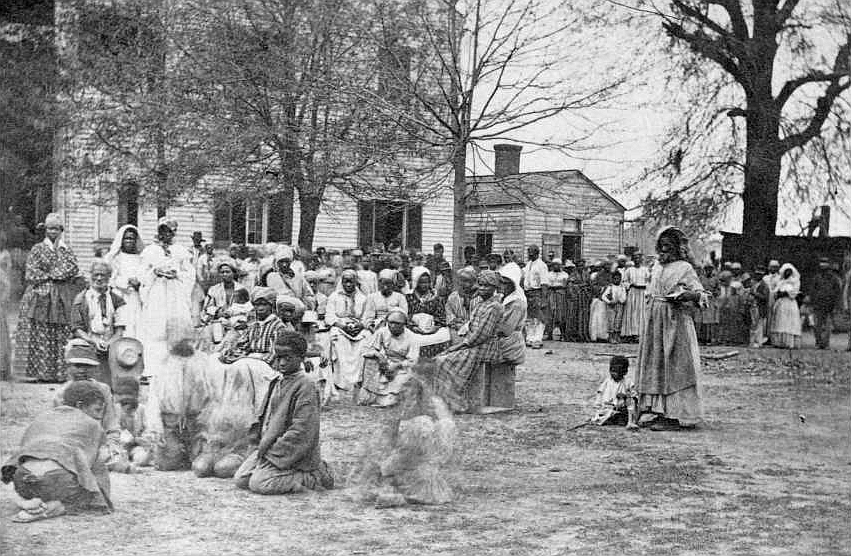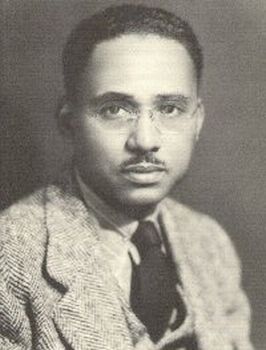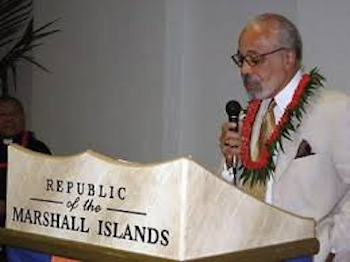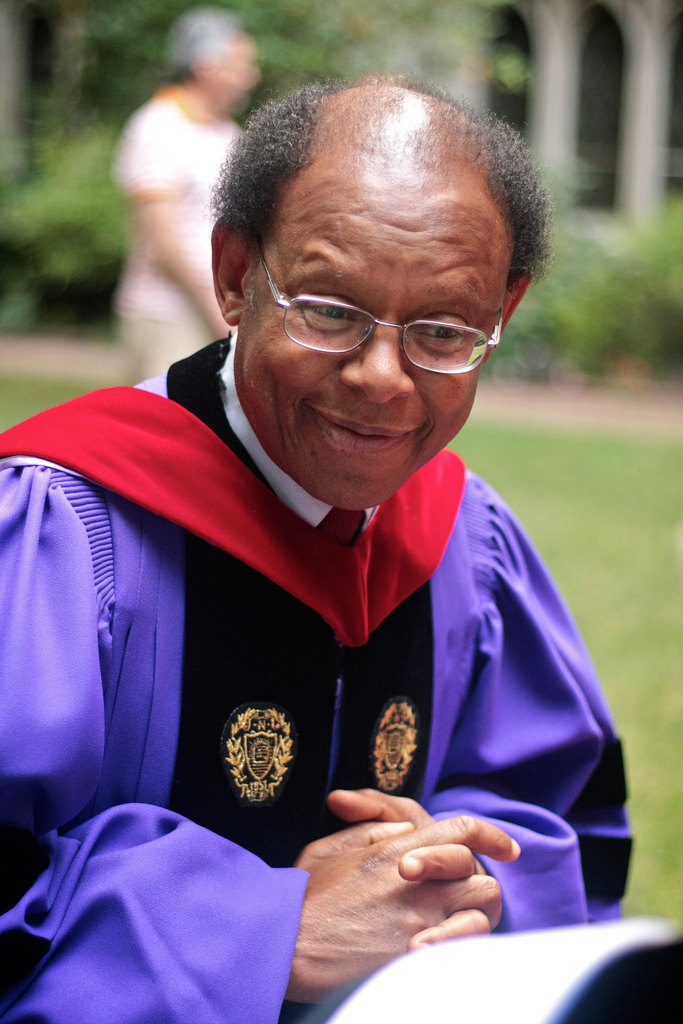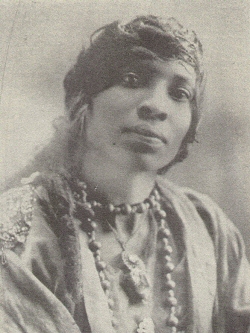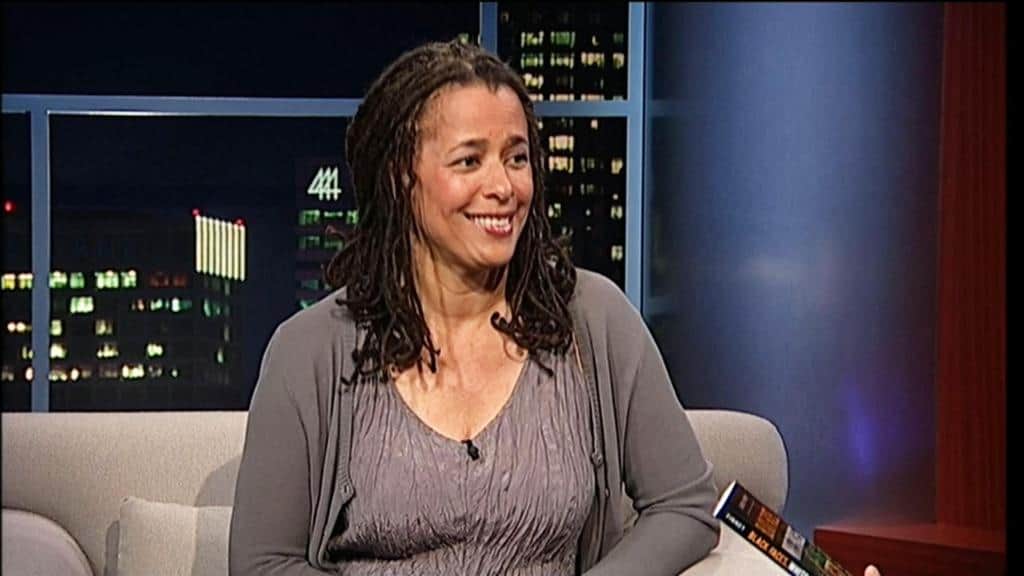Jeanne Martin Cissé was a Guinean teacher and nationalist politician. Cissé was born on April 6, 1926 to Darricau Martin Cissé and Damaye Soumah in Kankan, Guinea. She attended the Ecole Normale de Rufisque, a teacher-training institute for women in Dakar, Senegal, where she trained to become a teacher. In 1944, Cissé became one of Guinea’s first female teachers and was assigned to the girl’s school in Kankan, Guinea.
Cissé would become a member of the Union Madingue in 1946. The Union Madingue was a political party that included the Mandinka ethnic group. The following year, Cissé met future President of Guinea, Ahmed Sekou Toure, then a Post, Telegraph, and Telecommunications (PTT) trade unionist, and joined the Rassemblement Democratique Africain (RDA), a pan-Africanist political party operating in a number of French colonies in 1947.
By the early 1950s, Cissé moved to Senegal, where she represented the Senegalese Democratic Union at the International Federation of Women Congress in October 1954. She returned to Guinea, where her husband, Ansoumane Toure, became chief of staff to the Minister of Health. In 1959, Cissé served as a delegate to the West African Women’s Union Congress in Bamako, Mali, whose main goal was to promote a pan-African women’s movement. She became Secretary General of the Pan African Women’s Organization in 1962 and served in that capacity for the next decade.
In 1968, ten years after Guinea gained its independence from France, Cissé was elected to the national parliament, and in 1971, she joined the Central Committee, which ran the Democratic Party of Guinea-African Democratic Rally (PDG-RDA). Cissé was appointed Guinea’s permanent representative to the United Nations and moved to New York City. Guinea was a non-permanent member of the UN Security Council at that time, and she became the first woman to chair the Council. She was also elected to chair the United Nations Special Committee against Apartheid.
In 1976, Cissé returned to Guinea at the request of President Sekou Toure, who appointed her Minister of Social Affairs and a member of the Democratic Party of Guinea Politburo. After Toure died in 1984, Cissé and several other political leaders were involved in a coup attempt against Guinea politician Diarra Traore in July 1985. Cissé was detained for 13 months before being released without charge.
Cissé left Guinea after her release. She moved first back to Senegal and then to the United States. In 1988, she joined the International Committee of Solidarity for Women and Children in Southern Africa. In 2002, South African President Jacob Zuma awarded her the Oliver Tambo Order, acknowledging her role as a leader in Africa’s struggle for women’s rights. By 2004, Cissé had become a member of the International Association of Francophone Women. Four years later, in 2008, Cissé published her biography, The Daughter of the Milo.
Cissé, in 1946, married Mohamed Camara, who died later that year in an automobile accident. Cissé remarried Ansoumane Toure in 1948, who died in Camp Boiro prison, a Guinean concentration camp in Conakry, Guinea, in 1971. Jeanne Martin Cissé died on February 21, 2017, at the age of 90. Martin had six children during her lifetime.

